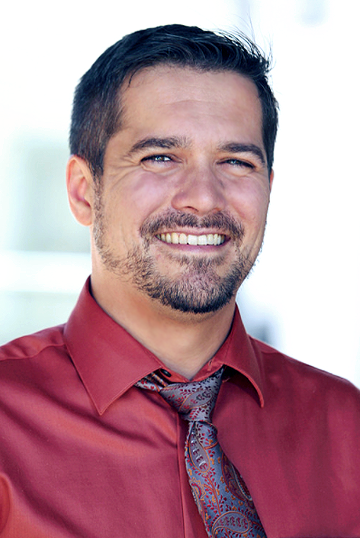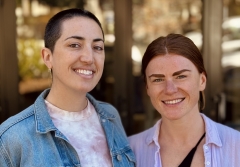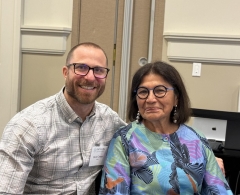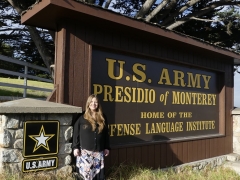Recent Grads Win $10K Grant For Project on Peacebuilding in Language Classrooms
| by Sierra Abukins
The language educators led workshops in the Balkans lifting up how language educators advance peacebuilding in their classrooms with support from a grant from Projects for Peace.




